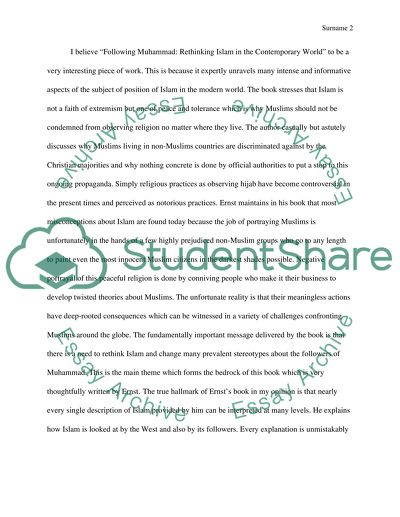Cite this document
(“Book reviews: Carl Ernst's and Mona Siddiqui's book Admission/Application Essay”, n.d.)
Book reviews: Carl Ernst's and Mona Siddiqui's book Admission/Application Essay. Retrieved from https://studentshare.org/religion-and-theology/1496716-book-reviews-carl-ernstyies-and-mona-siddiquiyies
Book reviews: Carl Ernst's and Mona Siddiqui's book Admission/Application Essay. Retrieved from https://studentshare.org/religion-and-theology/1496716-book-reviews-carl-ernstyies-and-mona-siddiquiyies
(Book Reviews: Carl Ernst's and Mona Siddiqui'S Book Admission/Application Essay)
Book Reviews: Carl Ernst's and Mona Siddiqui'S Book Admission/Application Essay. https://studentshare.org/religion-and-theology/1496716-book-reviews-carl-ernstyies-and-mona-siddiquiyies.
Book Reviews: Carl Ernst's and Mona Siddiqui'S Book Admission/Application Essay. https://studentshare.org/religion-and-theology/1496716-book-reviews-carl-ernstyies-and-mona-siddiquiyies.
“Book Reviews: Carl Ernst's and Mona Siddiqui'S Book Admission/Application Essay”, n.d. https://studentshare.org/religion-and-theology/1496716-book-reviews-carl-ernstyies-and-mona-siddiquiyies.


